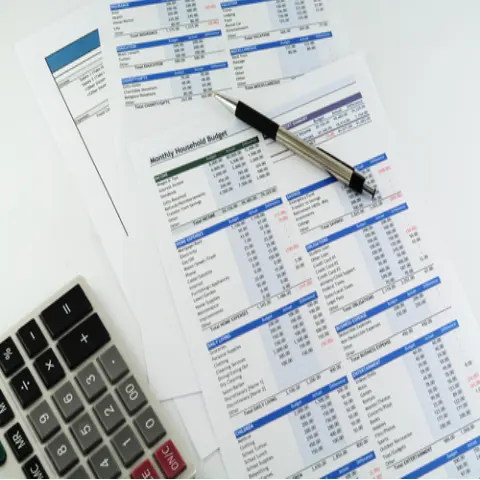At Long Last, CMS Agrees to Allow E-Signatures on PECOS Applications

Plus: Avoid adding discharge date to 5010 claims for outpatient services.
Ever since CMS began asking practices to complete Medicare enrollments using the online PECOS system, physicians have been asking if they can electronically sign their applications to expedite approval. That answer was always no--until now.
On Feb. 29, CMS announced that PECOS "now allows providers and suppliers to sign Medicare enrollment applications electronically." As long as your individual provider application does not include new reassignments, you can e-sign the application. This new rule applies to both physicians and non-physician practitioners, "including those enrolling just to order and refer," CMS said in the statement.
Group practices aren't left out: Organizational providers (such as group practices) and individual providers who select new reassignments will have to provide an email address for their organization's authorized official, who will then receive an email including instructions on how to electronically sign the application.
Practices who don't want to use the e-signature process can opt to use the existing process, which requires you to print and sign the certification statement and mail it to your MAC.
For more on the new e-signature option, visit https://pecos.cms.hhs.gov.
Watch Your Place of Service When Completing 5010
CMS also acknowledged several technical problems regarding the processing of claims using the new 5010 standards, many of which were the fault of the agency--but one big denial reason has to do with the way practices are reporting physicians' services.
If you submit a claim for outpatient services and you include a discharge date, you'll receive an error message that says "Discharge date was not expected because this claim is not for inpatient services." The key to reporting your services correctly is to ensure that any claims with place of service 11 (office), 22 (outpatient), 23 (emergency room) or 81 (independent lab) do not include a discharge date.
"For physician and practitioner offices, including those that bill Medicare via hardcopy claims, the key to avoiding receipt of the HIPAA compliance error, which prevents crossing over of the affected claims, is to only include a discharge date, when known, if you are billing a Part B claim for services with POS codes 21, 31, 51, or 61," CMS said in a Feb. 29 statement.

